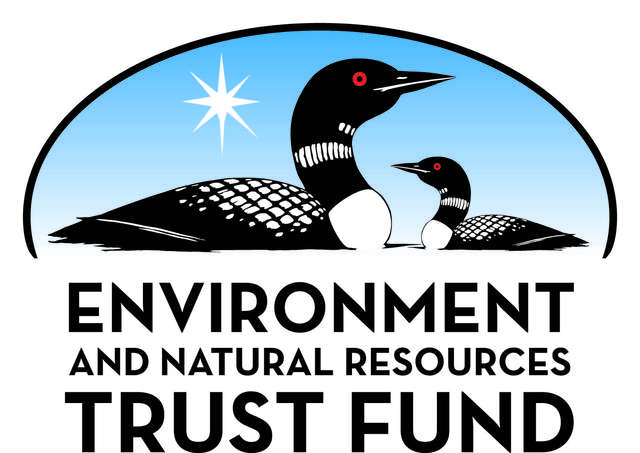- Minnesota Ecology Workshops for Middle School Educators Session 1
July 18 - 19, 2023
Minnesota Ecology Workshops for Middle School Educators
Presented by the Bell Museum, Cedar Creek, and the College of Biological Sciences
July 18-19*, 8 am–3 pm
August 1-2*, 8 am–3 pm
*You may register for one or both programs.
Location: Bell Museum / Cedar Creek Ecological Reserve
Fee: Free (includes stipend)
Capacity: 12 educators
Teachers of 5th grade–8th grade students
Join science educators from University of Minnesota College of Biological Science, Cedar Creek Ecosystem Science Reserve. Along with the teaching team at the Bell Museum, who are actively engaging with researchers that are studying the urban nature of the Twin Cities through the Minneapolis-St. Paul Long Term Ecological Research Program (MSP LTER) (https://mspurbanlter.umn.edu/) to explore scientific practices through Minnesota-based science experiments and research. Each session will explore one of the eight scientific practices outlined in the Minnesota State Science Standards. Sign up for one or both sessions. Space is limited.
Participants:
This professional development opportunity is open to Minnesota practicing middle school teachers (5th - 8th grade).
Outline for the Program
Day 1: Bell Museum. Join the teaching team at the Bell Museum. Program activities start at 9:00 am, check in begins at 8:30 am. The program will wrap at 3:00 pm. Lunch will be provided.
Day 2: Cedar Creek Ecosystem Science Reserve, East Bethel, MN. Meet at the Bell Museum at 8:00 am to carpool up the Cedar Creek or meet us at Cedar Creek by 9:00 am. The program will wrap at Cedar Creek around 3:00 pm, with a return to the Bell Museum around 4:00 pm. Lunch will be provided.
Session 1: July 18 and 19 - Developing and Using Models
Models take many shapes and forms but all models are used to make sense of natural phenomena. Learn to think like scientists to harness the power and limitations of modeling natural phenomena as we explore science concepts and ideas.
Session 2: August 1 and 2, 2023 - Analyzing and Interpreting Data
Scientific data collection and analysis takes many shapes and forms. Explore various methods of data collection and then explore how data is analyzed and interpreted to answer scientific questions. Consider the difference between data collection, analysis, and interpretation as you dive into large data sets available for classroom use. In addition, explore unique data sets in Minnesota housed at the Bell Museum and Cedar Creek Ecosystem Science Reserve Long-Term Ecological Research.
Costs
Exploring Science Practices in Minnesota is a free professional development opportunity for Minnesota Science Teachers. Teacher participants will also receive a stipend for attending. The MSP LTER is part of a network of LTER sites funded by the National Science Foundation working together to broaden our understanding of the nation’s ecological services. We graciously thank NSF and MGK for support for this teacher's professional development experience.









 Minnesota science teachers should know about:
Minnesota science teachers should know about: